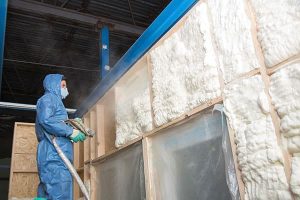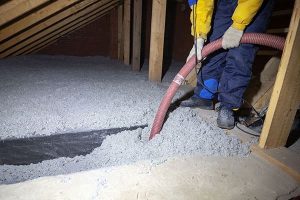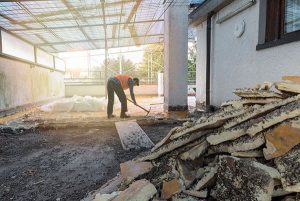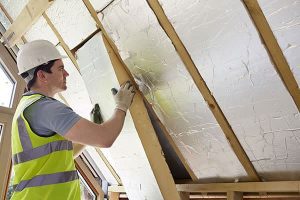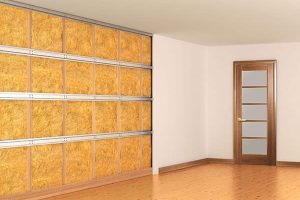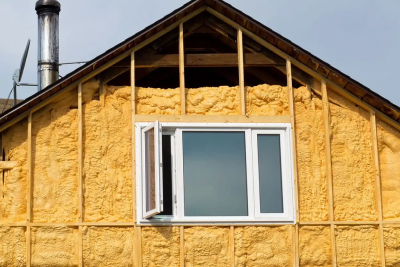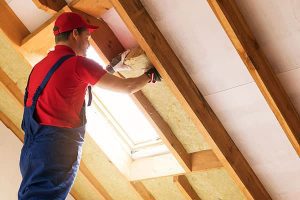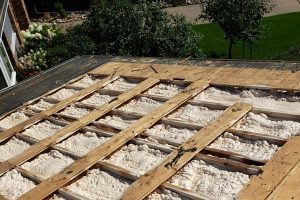Insulation can be an important addition to vehicles and trailers. If you’re building a custom cargo trailer or preparing the interior of a panel van, adding insulation can reduce interior noise and provide more stable temperatures. Temperatures stability can be important when preparing mobile storage units for sensitive contents which can be damaged due to rapid temperature changes.
Spray foam is the most common vehicle insulation material; although others are available. The installation of spray foam in vehicles is somewhat complicated due to its behavior and limitations inside metal structures. Incorrectly applied spray foam can cause buckling or damage to the outside finish. The intended use of the vehicle or trailer can change the insulation needed for the best final product.
Proinsulate has completed thousands of installs in the Edmonton area. We have the experience to help you insulate your vehicle, trailer, or mobile storage unit. Schedule a professional assessment with us to find out what material and steps are best for your particular project. Every project is different and can need different materials or techniques for the best results. Our technicians can walk you through all of your options, letting you decide which one best fits your needs and budget.
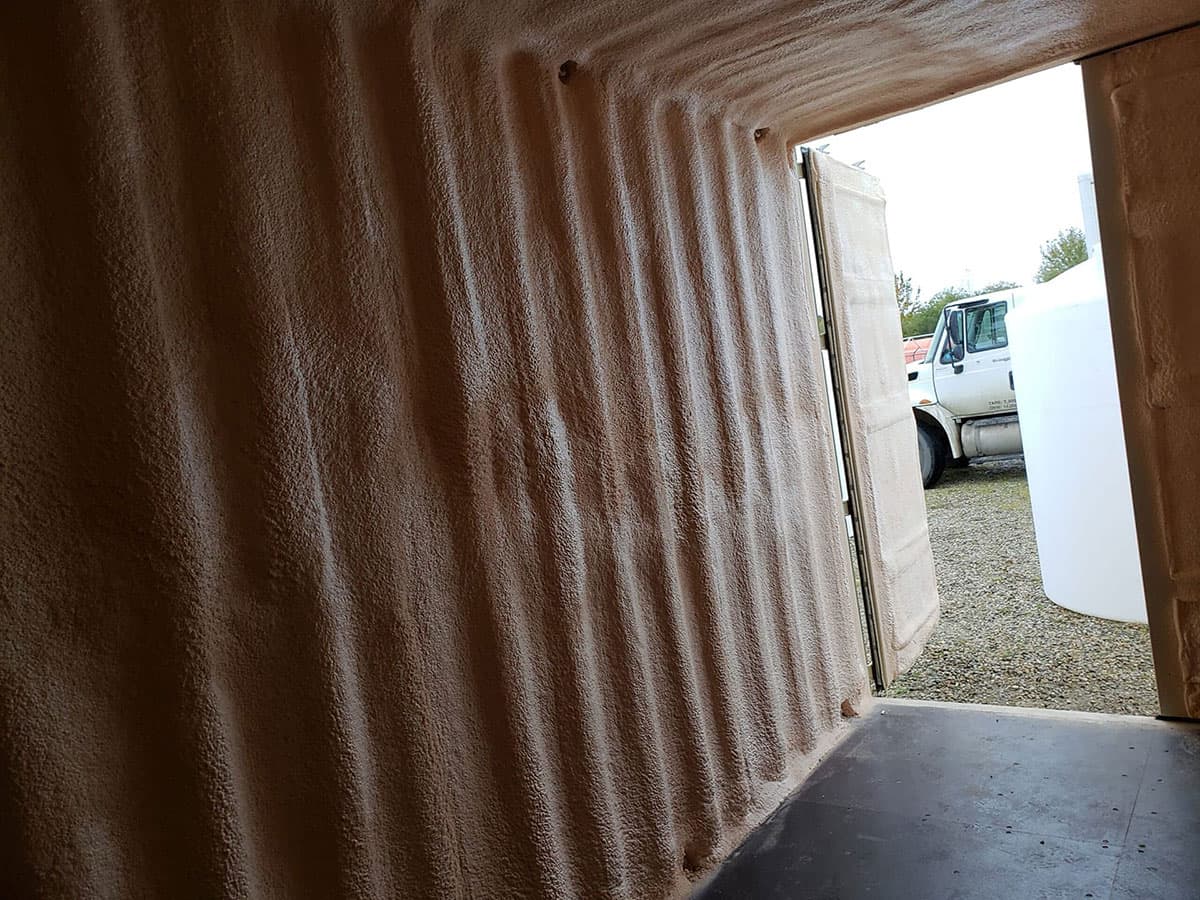
Benefits to Insulation Trailers & Vehicles
Insulation can add thermal protection and lower sound levels inside vehicles and mobile storage units. Temperature-sensitive goods can be protected from rapid temperature changes and if you are planning to install heating or cooling, the right insulation can lower fuel or electric costs and give you an economical and comfortable environment.
Installing insulation isn’t just for vehicles intended as living or working spaces. Insulation can help protect the contents of mobile storage units from rapid temperature swings. This can protect contents during transport and while waiting for unloading. Insulation installs can use different materials and application techniques depending on estimated humidity levels and the level of thermal protection needed. A professional assessment is needed to decide what is best for your project.
Thermal and sound protection are just two of the reasons to insulate your vehicle or trailer properly. The application of spray foam can add structural integrity to your trailer. Depending on the material used, fire resistance is another advantage that can be critical in some applications. The types of spray foam applied for mobile insulation keep some flexibility even after curing. This makes them ideal for trailers that spend time on the road. Other insulation materials can begin to loosen and dislodge over time which can result in unexpected repairs.
Types of Trailer Insulation Available
Spray foam is usually the best insulation material for most vehicle or trailer projects. It has excellent insulation ability, measured as R-values, and some types also offer excellent water vapor protection. Spray foam expands between 30 to 60 times when applied to surfaces. It creates a matrix of tiny air pockets that can efficiently reduce both heat and sound transfer.
Spray foam comes in two common types: open-cell and closed-call. Closed-cell is often ideal for vehicle insulation as it is compact while offering excellent thermal efficiency. This type of insulation can effectively resist water vapor making it a great choice when protecting trailers and storage units, as these are often exposed to the elements. Open-cell spray foam has even better expansion properties and can be more cost-effective inside. However, this insulation is typically too bulky for most mobile applications. In addition, it’s less resistant to water vapor, making it a poor choice for vehicles that spend time on the road in rain or snow.
While spray foam is usually recommended, rigid board insulation can also be used. This material is cost-effective but doesn’t conform to irregular surfaces. Rigid board insulation can be difficult to correctly fit in some vehicle applications and often needs the use of spray foam to seal gaps and open areas after installation.
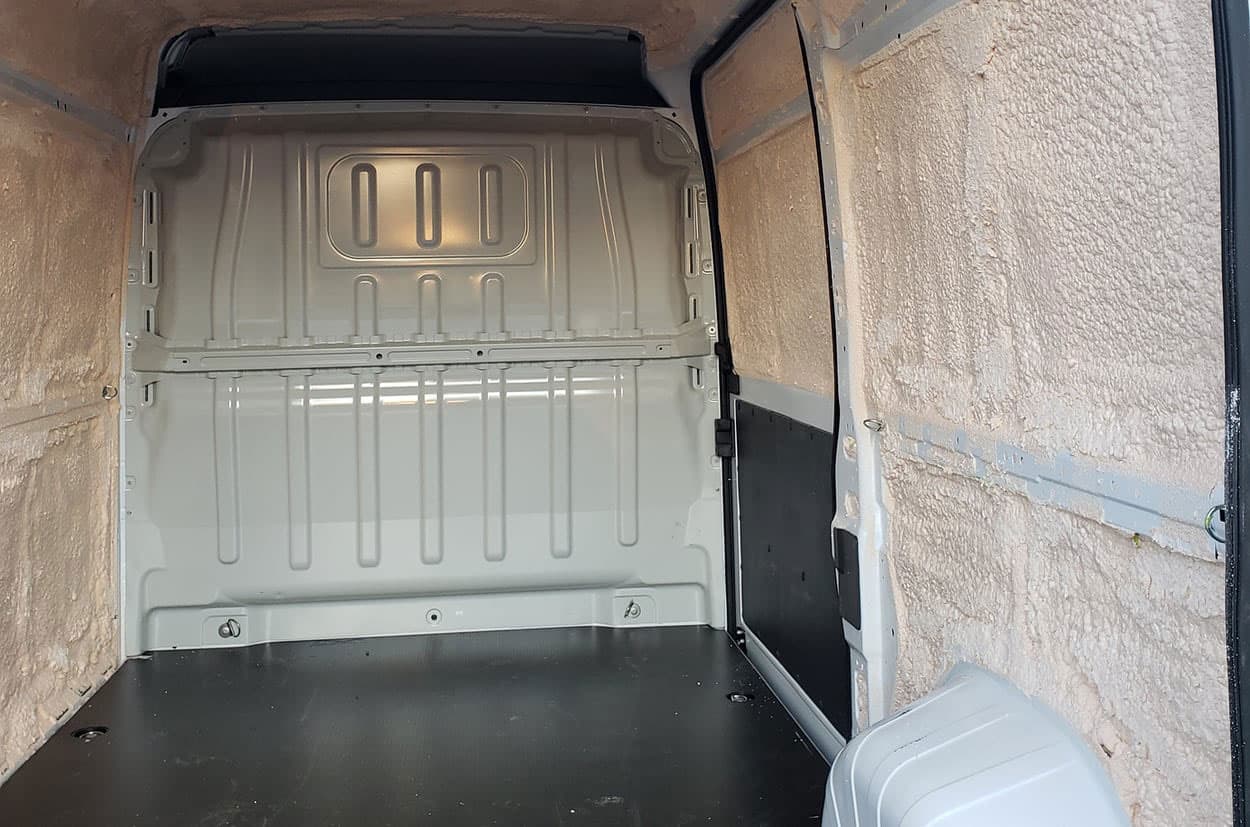
Trust Spray Foam Trailer Insulation to Professionals
Applying spray foam correctly can be a challenge. Our technicians have the training and experience to complete your project without damaging finishes or causing metal components to warp or deform. Trying a DIY spray foam solution can lead to problems that are difficult to predict for inexperienced workers.
Because of spray foam’s expansion rate, it’s possible to bend or buckle metal siding. Some of these problems may not be obvious until later in your project when installing trim or interior paneling. Trying to save money by attempting to do it yourself could cost you money due to unforeseen post-install repairs. Professional installers know how much material to apply and the correct technique to give you a quality finished product without risking structural damage to your vehicle or trailer.
Heat is also another important consideration. Spray foam heats up as it cures. This heat can be excessive and may lead to damaged exterior finishes in some cases. This usually happens when applying spray foam to the inside bare metal of vehicles and trailers. Our expert installers know how to apply this material correctly without damaging surface finishes. Don’t take the risk of needing to repaint because of a DIY spray foam install, contact us for a professional assessment of your unique project needs.
Trailer Insulation Frequently Asked Questions
Proinsulate Service Areas
Our team works in Edmonton and surrounding areas including Stony Plain, Spruce Grove, St. Albert, Sherwood Park, Fort Saskatchewan, and Leduc. If you have any questions about an insulation project in your area, don’t hesitate to reach out to our team.
CITIES WE SERVE
COMMUNITIES WE SERVE
COMMUNITIES WE SERVE
COMMUNITIES WE SERVE
What our Clients Say
Similar Insulation Services
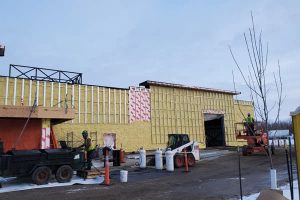

Commercial Insulation
Create a safe and effective working environment with better thermal and fireproof protections, effective moisture and vapour barriers and reduce unnecessary noise pollution









